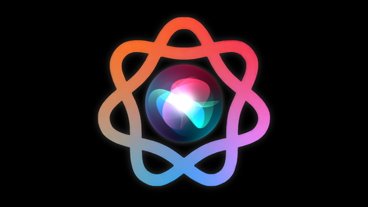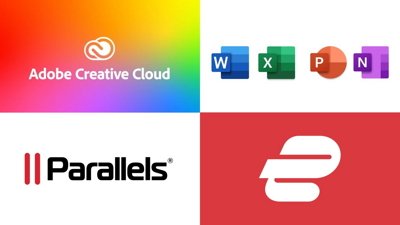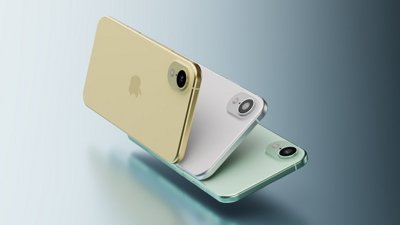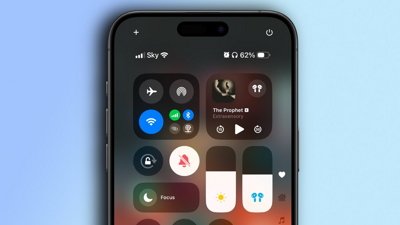Two of Silicon Valley's most accomplished heavyweights stepped back into the legal squared circle this week, as the search giant defends its use of Oracle's Java APIs in Android for the second time.
Alphabet chairman Eric Schmidt took the witness stand on Tuesday and proved tough for Oracle's legal team to pin down, according to Computerworld. Schmidt — a longtime Silicon Valley insider and former Sun Microsystems chief — said that he had never heard of a company being forced to seek a license for API usage despite "forty years of experience."
Under additional questioning from Oracle attorney Peter Bicks, Schmidt went on to deny that Google requires developers or other interested third parties to obtain such licenses for use of its own APIs.
"I'm not aware of one that we treat as proprietary in the way you're asking your question," he told Bicks, nodding toward Google's assertion that Oracle's demands are unusual and unreasonable.
Just over 10,000 lines of code — out of potentially millions of lines in Android — are at issue in the trial, but Bicks sought to reframe that for the jury. "It took 10,000 lines of code to power this Apollo lunar module," Bicks said, holding up a photo of the famous spacecraft.
If Oracle emerges victorious, it could mean a windfall for Larry Ellison's firm. The company is seeking $8.8 billion in damages from what it believes is Google's $21 billion profit from Android to date.
 AppleInsider Staff
AppleInsider Staff








 Charles Martin
Charles Martin
 Amber Neely
Amber Neely


 Sponsored Content
Sponsored Content

 Malcolm Owen
Malcolm Owen
 Oliver Haslam
Oliver Haslam








27 Comments
Slow day for APPLE news, I guess. :)
Interesting story though.
Check out Foss Patents site, this trial may well end up back in the Appeals Court and have to be redone. My guess it's another 5 years before Oracle collects any funds on this.
By by the way, I think Oracle has a good case regarding Google's dismissal of its copyright on Java.
The roots of this case go all the way back to before Oracle acquired Sun Microsystems. One of the assets that Oracle valued was the Java IP which was developed at Sun by Sun Engineers and licensed to other mobile OS manufacturers such as RIM. James Gosling, the 'inventor' of Java even worked at Google, for a short period of time post-aqusition, but I don't think it's relevant in this case. While I think Oracle has a strong argument, it's always up to the courts to decide. Ironically, had Sun been able to successfully negotiate a license with Google (like they did with RIM/Blackberry) Oracle would now be collecting a royalty on each and every Android handset sold...